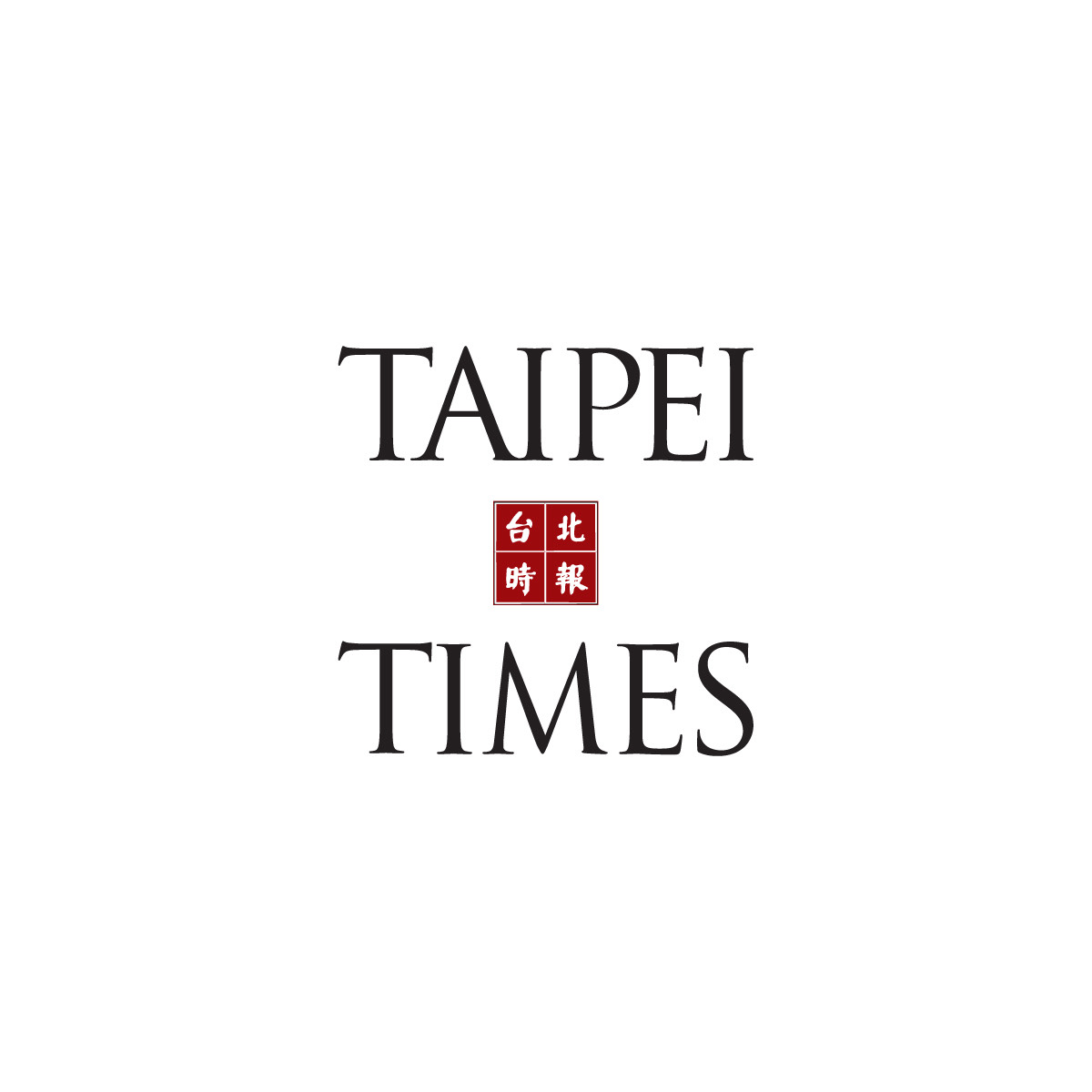EDITORIAL: Preventing school closures – 台北時報
Some private colleges and universities in the past few years have seen enrollment shortfalls, which some people have linked to oversupply and the nation’s low birthrate, while others blame changes in admission tests and enrollment policies. Slow growth in household income is also held responsible. Critics have called on the government to provide solutions, such as establishing a merger or exit mechanism for private institutions, or attracting more foreign students.
The Ministry of Education last month decided that Fortune Institute of Technology in Kaohsiung must close on May 10 next year due to its poor financial situation and academic standards, making it the nation’s first private college to shut down after a bill to close some private high schools and colleges became law in April. Six other private colleges — TransWorld University, MingDao University, Kao Yuan University, Tatung Institute of Commerce and Technology, Taiwan Shoufu University and Chung Chou University of Science and Technology — are also on the ministry’s radar. They must restructure to meet government standards by May 31 next year or close.
The severity of falling student numbers has also spread to high schools. Last month, the ministry announced that Kaohsiung’s Chimei Vocational High School and Tungji Senior High School in Chiayi County were on its “watch list” for two years due to their declining student enrollment and worsening financial situations, making them the first private high schools to face potential closure as the nation grapples with a declining birthrate. Moreover, the ministry’s K-12 Education Administration said that more than 20 private senior-high schools and vocational high schools would be under the ministry’s monitoring and supervision over the next few years in light of substandard finances.
To address the problem of student shortages in colleges and universities, some experts suggest that private institutions should recruit more students from abroad. In compliance with the government’s New Southbound Policy, some private institutions have shifted focus to Southeast Asian nations in their efforts to bolster student numbers, but the effect is limited due to factors related to language, financial issues and work-study internship programs.
Others are urging the ministry to accelerate the closure of underperforming private colleges and universities, but progress has been slow for years, as there are no incentives for private institutions to do so. Meanwhile, a few experts have called for a more flexible enrollment mechanism to attract older people close to or in retirement.
Schools can adjust the daily schedules and course arrangements for younger and older students, so that everyone can study at the same universities and enjoy the same resources. For older people, this would provide the option to pursue lifelong educational goals, and new opportunities to engage in the community. It would also relieve the government of potentially difficult choices about school closures due to student shortages.
Arranging for older people to study with younger students would require detailed planning and time to implement. However, not every university needs to take this measure to bolster student numbers, as each school has its own teaching capacity and educational resources.
However, if the ministry intends to close underperforming schools or merge low-enrollment schools without considering long-term development options for such institutions, it would simply be irresponsible.
In a message posted on Twitter on On Oct. 6, Chinese embassy in India spokesperson Wang Xiaojian (王小劍) urged New Delhi to adhere to the “one China” principle and stop all forms of official exchange with Taiwan. This needs to be put into the correct perspective. The “one China” principle is a core issue the People’s Republic of China (PRC) uses to lay claim to Taiwan. By extension, this principle is used to give legitimacy to all areas it has usurped and all other territories it now lays claim to. This corrosive principle underscores China’s hegemonistic ambitions and territorial expansionism.
No ruler can claim that their autocratic rule is progress or development. Instead, it is wielded in anticipation of an urgent need of the state. What might Chinese President Xi Jinping (習近平) have presented as an excuse for his extended term? Today’s Chinese Communist Party (CCP) is a nationalist party, and at its recent party congress, terms such as “proletariat,” “oppressed,” “workers” or “communism” were nowhere to be heard. There is only one goal: the revival of the Chinese nation leading to world domination. The phrase “socialism with Chinese characteristics” is essentially nothing more than protecting the status quo. It seems that
Taiwan and the US have established a strong military collaboration over the years. A range of military equipment and weapons — from the air force’s F-5E jets in the 1970s and the Army Aviation and Special Forces Command’s UH-1 Huey helicopters, to the navy’s Cheng Kung-class frigates, and navy and air force missiles — were locally made on license with the assistance of the US military. The robust partnership between Taiwan and the US not only bolsters Taiwan’s advantage in military technology, but also brings tremendous benefits to the military’s autonomy. As tensions continue to escalate between Taiwan and China, especially after
In a perfect world, House Speaker Nancy Pelosi’s summer visit to Taiwan this year would have been a non-event, just a routine part of friendly US-Taiwan leadership exchanges. As it happened, the Chinese Communist Party (CCP) reacted in a dangerous and destabilizing fashion. Beijing put on a militant display that included firing ballistic missiles across the skies above Taipei, Taiwan’s capital city. The rockets crashed into the territorial waters of both the Republic of China (ROC, Taiwan) and Japan. Then, in October, at the Communist Party’s 20th National Congress, Xi Jinping (習近平) used his airtime to further underscore his regime’s opposition









